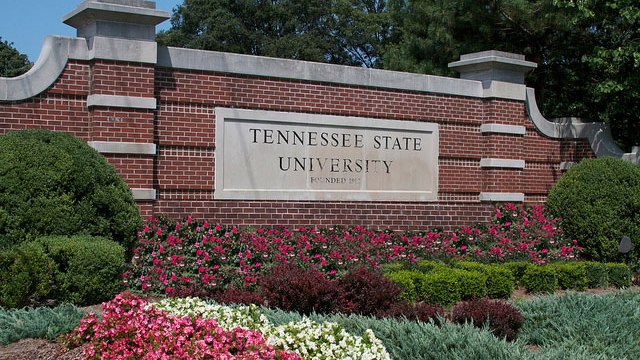Artificial intelligence experts assert that the era of AI is not impending but rather already upon us, poised to instigate significant transformations in the field of education.
At the forefront of integrating artificial intelligence into educational settings is Tennessee State University.
Dr. Robbie Melton, the Vice President of Academic Affairs and Technology Innovations at TSU, champions the utilization of AI as a revolutionary educational tool that revolutionizes teaching, learning, and research endeavors. She plays a pivotal role in TSU’s Smart Center, dedicated to educating educators, students, and the broader community about cutting-edge technologies. Addressing prevalent concerns about AI’s impact on education, Dr. Melton acknowledges apprehensions regarding AI’s potential to automate tasks like writing dissertations, book reports, grants, and business plans.
However, Dr. Melton dispels these fears by highlighting the empowering potential of AI. For instance, creating a lesson plan, traditionally a time-intensive task for teachers, can be streamlined with AI assistance. By providing prompts to AI tailored to specific educational needs, such as aiding a 3rd-grade student with a reading disability in mastering sight words, teachers can efficiently generate customized lesson plans. Dr. Melton emphasizes that while AI can assist in drafting materials, educators must still review and modify the content to align with their teaching objectives.
In addition to aiding educators, AI can also support students in academic tasks like research paper composition. Dr. Melton underscores that AI serves as a tool to enhance student engagement and learning by requiring them to validate information, personalize content, and defend their perspectives. This approach discourages academic dishonesty and encourages critical thinking skills among students.
Demonstrating the practical application of AI in education, Dr. Melton showcases how AI can swiftly compile a PowerPoint presentation on the history of Thanksgiving based on a verbal prompt. This efficiency in generating academic materials underscores the transformative potential of AI in streamlining educational processes.
Despite the optimism surrounding AI’s capabilities, Dr. Melton acknowledges the necessity of establishing safeguards to protect children from inappropriate content and excessive reliance on AI devices. Emphasizing the importance of parental supervision and moderation, especially with the emergence of AI toys targeting young children, Dr. Melton advocates for responsible and controlled usage of AI technology.
While acknowledging prevalent fears surrounding AI’s pervasive influence, Dr. Melton emphasizes the indispensable role of human agency in harnessing AI for constructive purposes. Drawing parallels to past technological advancements like the internet, she underscores that AI, like any tool, necessitates human intervention to translate knowledge into meaningful actions.






